Ammunition expires, right?

Firearm owners and hunters alike are often curious about the shelf life of their ammunition. Despite the fact that ammunition has a shelf life, it doesn't mean that you should take the proper method to store your ammo correctly! , Your biggest enemies when it comes to storing ammunition are Humidity, temperature, and contact with moisture will pay a big part in the lifespan of your bullets, cartridges, and gunpowder. Ensuring the right storage techniques are employed is essential to maintaining the best possible condition of your ammunition. Below is a simple guideline to follow:
Make sure you're using airtight containers!
Keep your ammo in a cool and dry environment!
Check the expiration dates!
By taking these easy steps, you can extend the life of your ammunition or gunpowder and ensure that it remains safe and effective for future use. Right now, you might be thinking, "Does ammunition expire?" Believe it or not, ammunition does actually have a shelf life. However, how long does it actually last? And what transpires when it fails? These are all contingent on how your ammunition was stored.
Is 20 year old ammo safe to shoot?
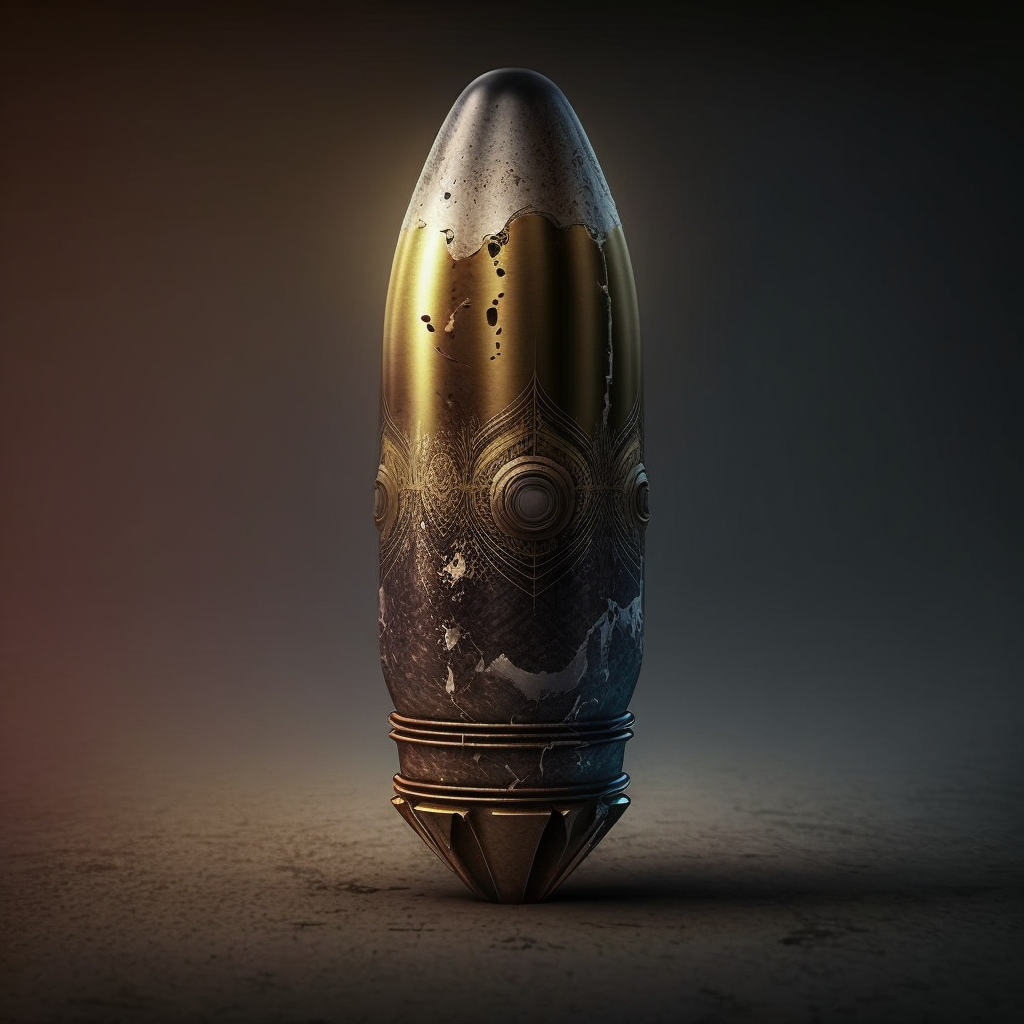
The question "Is 20-year-old ammo safe to shoot?" often arises among gun enthusiasts, hunters, and firearm owners who have discovered old ammunition or inherited a collection. It's important to think about the performance and safety of used ammunition, particularly when it comes to safeguarding others as well as oneself. This in-depth paper explores the elements that affect ammunition's shelf life and provides guidance on how to assess if ammunition older than 20 years may be safely used.
Factors Affecting Ammo Longevity:
-
Storage Conditions: The primary determinant of ammunition's shelf life is how it has been stored. Proper storage involves keeping ammo in a cool, dry place, away from direct sunlight and extreme temperatures. Ideally, ammunition should be stored in airtight containers or sealed ammo cans with moisture-absorbing desiccants.
-
Humidity and Moisture: Excessive humidity or exposure to moisture can compromise the integrity of ammunition. Prolonged contact with dampness can cause corrosion on the casings, damage the primers, and affect the gunpowder's performance.
-
Temperature Fluctuations: Repeated exposure to significant temperature changes can negatively impact ammunition's long-term stability. Consistently maintaining a stable environment is key to preserving the effectiveness of your ammo.
-
Manufacturer Quality: The quality of the ammunition also plays a role in its longevity. Renowned manufacturers adhere to strict quality control measures, ensuring that their ammo is more likely to withstand the test of time.
Inspecting Aged Ammunition:
Before shooting or using old ammunition, it's essential to perform a thorough visual inspection to determine its condition:
Be sure to Check for Corrosion!!: Look for any signs of rust or corrosion on the bullet casings, as this can affect the ammo's reliability and potentially damage your firearm.
Examine the Primer: Inspect the primer for any signs of moisture infiltration, discoloration, or damage, which could lead to misfires or inconsistent performance.
Assess Gunpowder Condition: If possible, examine the gunpowder for any signs of clumping, discoloration, or unusual odors, which may indicate moisture damage.
The Verdict:
So, is 20-year-old ammo safe to shoot? know the nra basics! The answer largely depends on the storage conditions, quality of the ammunition, and its visual appearance. If stored correctly and showing no signs of damage, corrosion, or compromised components, 20-year-old ammo can still be safe to use. However, it's always wise to exercise caution and dispose of any ammunition that appears questionable. In such cases, it's better to invest in new, reliable ammo to ensure the safety of yourself and those around you.
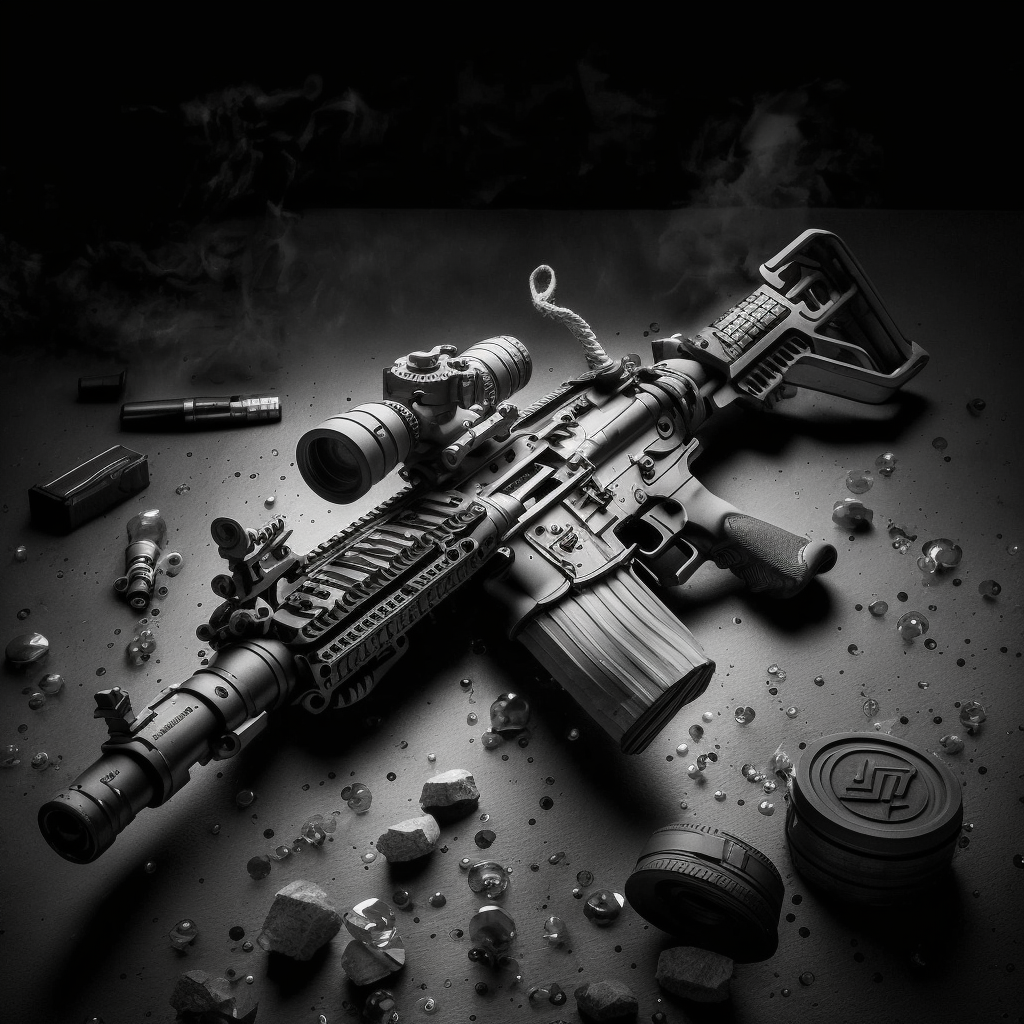
How many pounds of gunpowder can you own?
For gun enthusiasts, reloading hobbyists, and firearm owners, understanding the legalities and safety concerns surrounding gunpowder storage is essential. The question "How many pounds of gunpowder can you own?" frequently arises, with many seeking clarity on regulations, storage recommendations, and best practices. This in-depth report explores the legal limits, safety guidelines, and factors to consider when storing gunpowder in your home or workshop.
Legal Limits and Regulations:
Federal regulations are imposed for the storage of smokeless propellants, such as gunpowder, by the Bureau of Alcohol, Tobacco, Firearms, and Explosives (ATF). A person does not need a federal explosives license or permission to keep up to five rounds or 50 pounds of smokeless propellant for guns, within their home, according to ATF rules.
State and municipal laws: in addition to federal requirements, state and municipal laws may have different gunpowder storage limitations. It's essential to consult your local authorities or state regulatory agencies to ensure compliance with specific regional requirements.
Black Powder vs. Smokeless Powder: Black powder, considered an explosive, is subject to different storage regulations than smokeless powder. Federal regulations limit the amount of black powder an individual can store in a residence to 50 pounds. However, state and local laws may impose additional restrictions or permit requirements.
Safety Guidelines and Best Practices:
Proper Storage: Storing gunpowder in a cool, dry, and well-ventilated area is crucial. Avoid damp locations, direct sunlight, and areas prone to temperature fluctuations. Keep gunpowder away from open flames, sparks, or heat sources.
Use Approved Containers: Store gunpowder in original containers or containers approved by the Department of Transportation (DOT). Never store gunpowder in glass or plastic containers, as they can generate static electricity or shatter, causing potential hazards.
Separate Powder Types: Keep black powder and smokeless powder separate, as black powder is a bit more volatile and can be ignited by sparks or static electricity.
Label Containers: Clearly label your gunpowder containers with the type of powder, manufacturer, and date of purchase to ensure proper identification and usage.
Fire Safety: Install fire extinguishers in your storage area and home course create an evacuation plan in case of emergencies. Make sure to educate all household members about the dangers of gunpowder and the appropriate safety measures.
Conclusion:
The amount of gunpowder you're permitted to possess is determined by a number of factors! these factor can be federal legislation, state and municipal rules, and the kind of rifle and gunpowder in issue. To avoid accidents and guarantee responsible weapon ownership, it is essential to follow safety precautions and regulatory requirements.
Always consult with local authorities or regulatory agencies to stay updated on storage limits and best practices, thus safeguarding yourself and the rest of your loved ones.
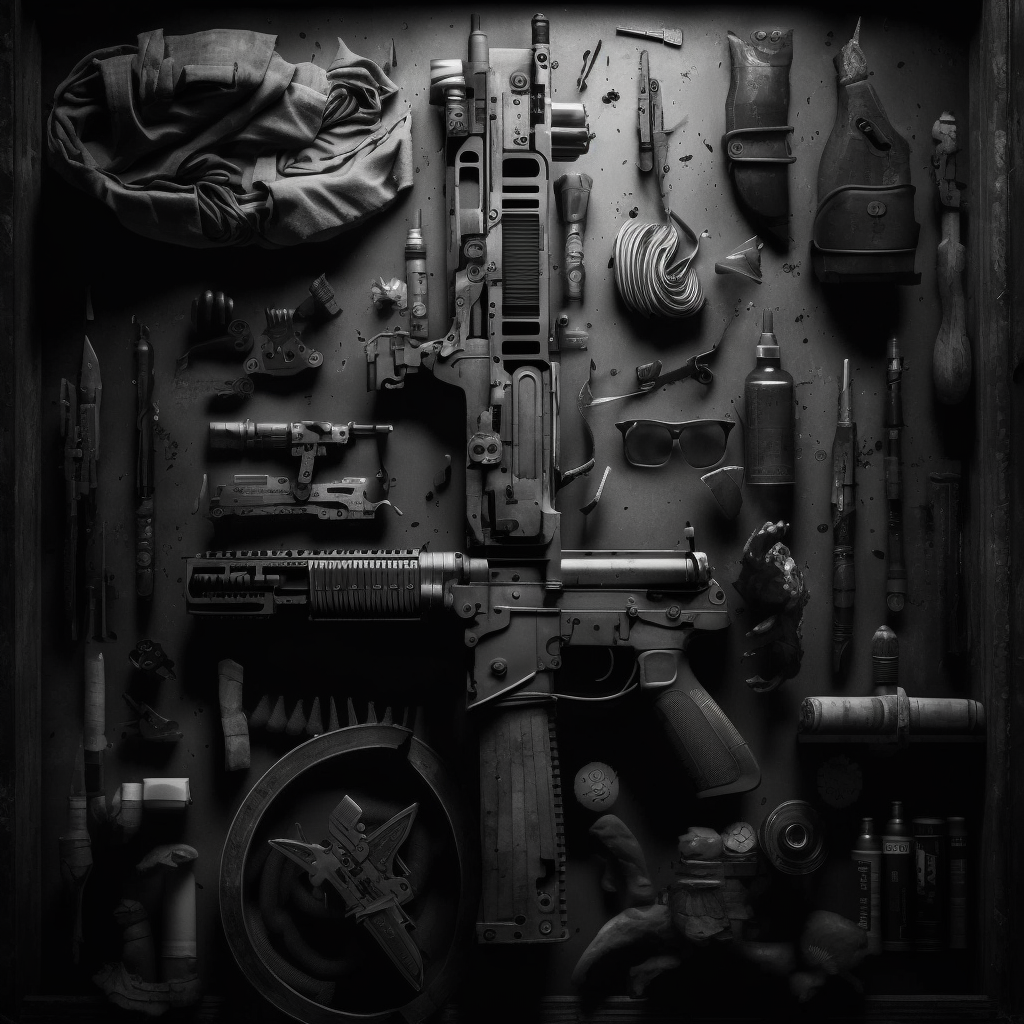
NRA Defensive Pistol Course: An In-Depth Guide to Empower Responsible Gun Owners
The NRA Defensive Pistol Course is a thorough training program designed to teach gun owners the fundamental abilities needed for responsible, effective, and safe use of firearms in self-defense scenarios. This in-depth analysis examines the NRA defensive pistol course's numerous facets, outlining its goals, syllabus, advantages, and importance for gun owners looking to improve their competence and self-assurance while using weapons for both personal protection and defense.
Course Objectives and Overview:
-
The NRA Defensive Pistol Course aims to achieve the following objectives:
-
Develop Safe Firearm Handling Skills: The course focuses on teaching participants the fundamental principles of safe firearm handling, storage, and transportation, ensuring responsible gun ownership.
-
Enhance Marksmanship: Participants learn to improve their shooting accuracy, speed, and overall performance in defensive situations, thus empowering them to protect themselves and their families more effectively.
-
Boost Confidence: The course instills confidence in gun owners, allowing them to make well-informed decisions under pressure and respond appropriately to threats.
-
Promote Situational Awareness: The NRA Defensive Pistol Course emphasizes the importance of situational awareness, enabling participants to identify and assess potential threats while avoiding dangerous or escalating situations.
Course Curriculum and Components:
The NRA Defensive Pistol Course covers various topics and techniques, including:
Develop Safe Firearm Handling Skills: The course focuses on teaching participants the fundamental principles of safe firearm handling, storage, and transportation, ensuring responsible gun ownership.
Enhance Marksmanship: Participants learn to improve their shooting accuracy, speed, and overall performance in defensive situations, thus empowering them to protect themselves and their families more effectively.
Boost Confidence: The course instills confidence in gun owners, allowing them to make well-informed decisions under pressure and respond appropriately to threats.
Promote Situational Awareness: The NRA Defensive Pistol Course emphasizes the importance of situational awareness, enabling participants to identify and assess potential threats while avoiding dangerous or escalating situations.
Course Curriculum and Components:
The NRA Defensive Pistol Course covers various topics and techniques, including:
weapons Safety: The course starts out with a review of the fundamental laws of gun safety, with special emphasis on the secure handling, keeping, and transportation of weapons.
Defensive shooting principles are taught to participants, including the right grip, posture, alignment of the rifle and sights, trigger management, and follow-through.
Drawing from Holster: The course teaches participants the correct technique for drawing a firearm from a holster, ensuring a smooth, efficient, accurate and safe transition from concealment to engagement.
Shooting Positions and Movement: The curriculum includes training on various shooting positions, such as standing, kneeling, and prone, as well as incorporating movement during engagements for improved tactical advantage.
Close Quarters Shooting: Participants learn to effectively shoot at close distances, focusing on techniques for point shooting and retention shooting.
Decision Making and Legal Considerations: The course addresses the legal aspects of using a firearm in self-defense, promoting responsible decision-making and adherence to applicable laws.
Benefits of the NRA Defensive Pistol Course:
Enhancement of Skills: The training gives gun owners the information and abilities they need to use their weapons safely and successfully in self-defense scenarios.
Confidence: Participants develop more self-assurance in their skills, which enables them to make wiser judgments under duress and react to dangers more skillfully.
Legal Awareness: The course encourages responsible decision-making and adherence to the law by educating gun owners about the legal ramifications of utilizing a handgun for self-defense.
Networking Possibilities: The NRA Defensive Pistol Course offers a chance to meet like-minded people, exchange stories, and gain knowledge from other gun owners.
Conclusion:
The NRA Defensive Pistol Course is an invaluable resource for gun owners seeking to enhance their firearms proficiency and confidence in self-defense situations. By participating in this comprehensive training program, individuals can develop essential skills, improve their situational awareness, and become more responsible, empowered firearm owners. Enrolling in the NRA Defensive Pistol Course is a vital step towards ensuring personal safety and promoting responsible gun ownership.
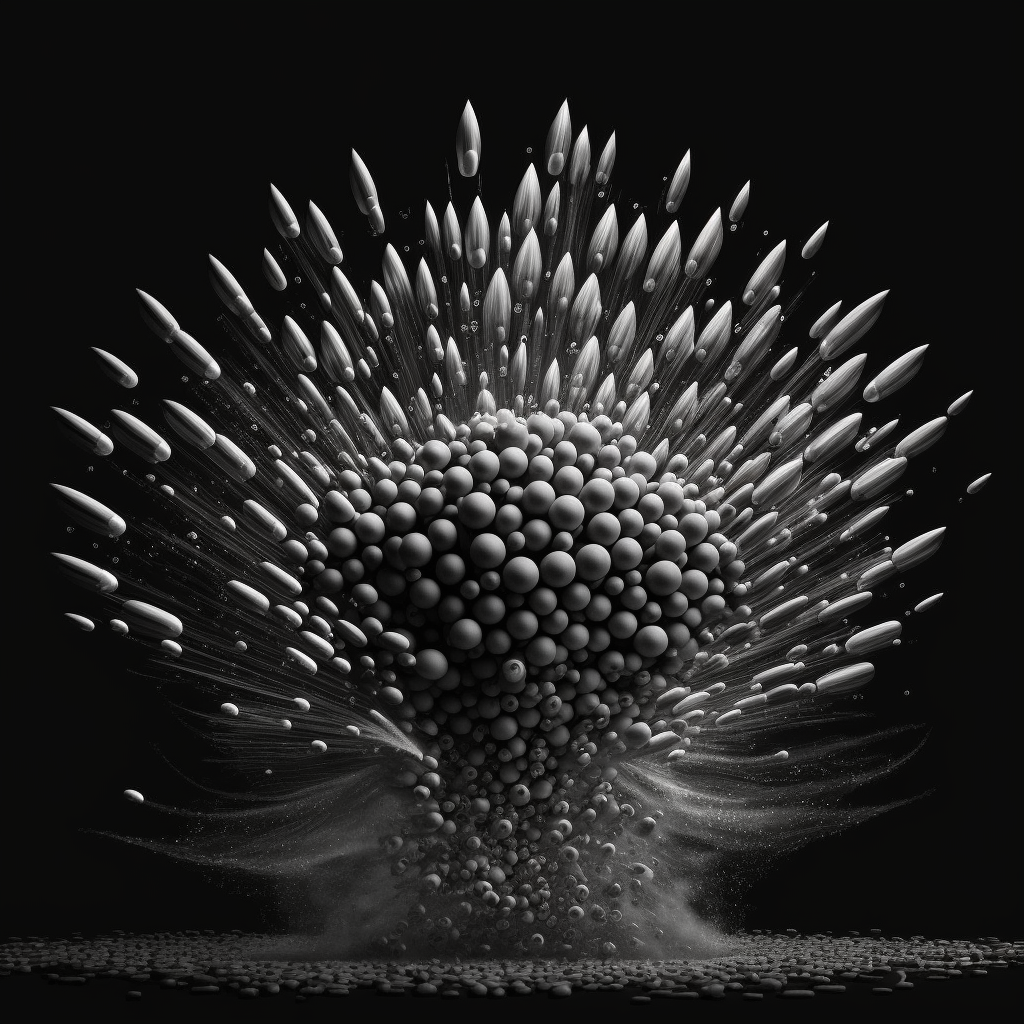
How long does gunpowder last?
Generally speaking, if stored properly, gunpowder may endure for decades. It can be stable and effective for at least 20 years under optimum circumstances. However, elements like air exposure, temperature swings, and humidity can dramatically reduce its longevity.
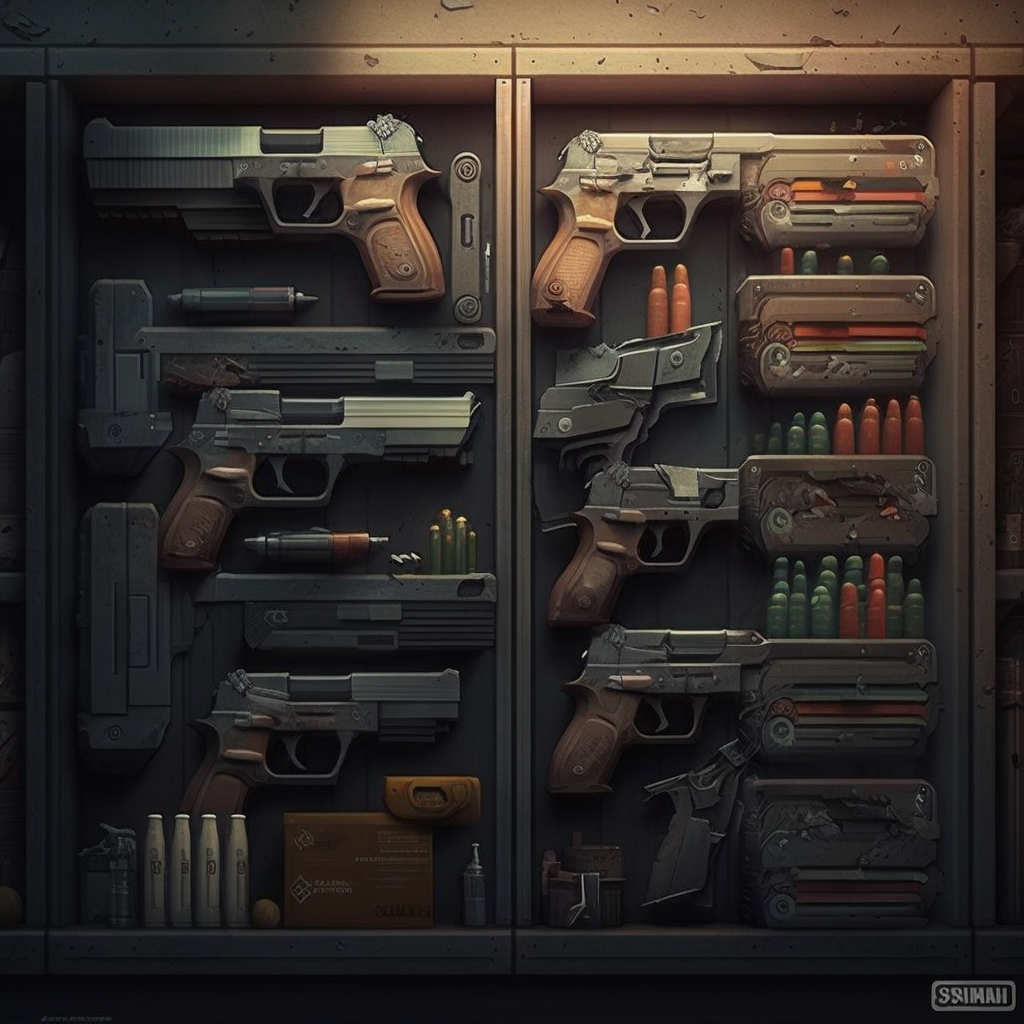
How can you recognize faulty gun powder?
When gun powder has gone bad, it shows a few unmistakable indications. These consist of:
-
a pungent or acidic odor that signals chemical deterioration.
-
a textural alteration, such as clumping or crystallization.
-
the presence of a reddish-brown residue or discoloration.
-
It is advisable to avoid using the gunpowder if you see any of these symptoms since it can be dangerous or useless.
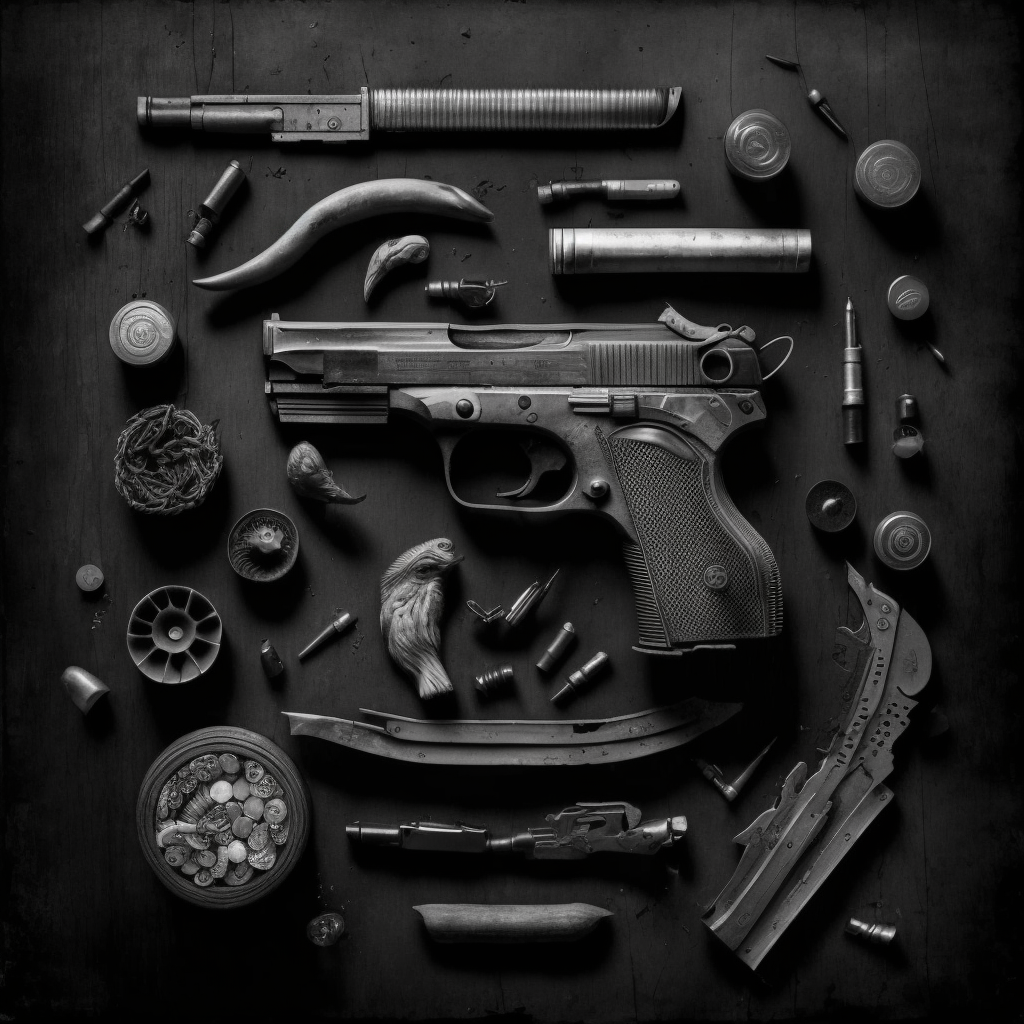
Does gunpowder gradually lose its potency?
Concerns about the long-term potency of gunpowder are common among firearm enthusiasts and those focused on personal protection. The question "Does gunpowder gradually lose its potency?" arises frequently, with individuals seeking information on maintaining their ammunition's effectiveness. This concise report explores the potential for gunpowder degradation and the significance of proper storage in preserving its potency.
Gunpowder Degradation:
While gunpowder is chemically stable, it can eventually degrade if not stored correctly. Factors such as moisture exposure, temperature fluctuations, and storage conditions can affect its longevity and effectiveness.
Key Factors in Maintaining Gunpowder Potency:
Correct Storage: Storing gunpowder in a cool, dry, and well-ventilated area is essential to maintain its potency.
Airtight Containers: Sealed containers protect gunpowder from moisture and external elements, preserving its effectiveness.
Ammo Rotation: Regularly rotating ammunition stocks helps ensure the use of potent gunpowder in a range of personal protection situations.
Best Practices for Prolonging Gunpowder Potency:
Inspect Storage Conditions: Periodically check your storage area and gunpowder containers for signs of moisture intrusion or other potential hazards.
Rotate Ammo: Use older ammunition first and replenish your supply with fresh ammo to maintain potency over the few years after.
Follow Storage Guidelines: Adhere to recommended guidelines for safe gunpowder storage to preserve its effectiveness for personal protection purposes.
Conclusion:
Gunpowder can gradually lose its potency if not stored correctly or exposed to unfavorable conditions. By following best practices for gunpowder storage and ammo rotation, you can ensure your ammunition remains potent and reliable for personal protection, hunting, or recreational shooting.
What transpires when gunpowder ages?
As gun enthusiasts and those focused on personal protection frequently seek good deals and low prices on ammunition, understanding the effects of aging on gunpowder becomes a crucial consideration. The question, "What transpires when gunpowder ages?" is often asked by those looking to store ammo for extended periods. This short report delves into the changes that occur as gunpowder ages and offers insights into maintaining its effectiveness.
Aging Gunpowder: What Happens?
Over time, gunpowder can undergo several changes due to aging, impacting its performance and safety:
-
Chemical Degradation: The chemical components in gunpowder can break down, leading to a reduction in potency and potentially affecting the reliability of the ammunition.
-
Moisture Absorption: Older gunpowder may be more susceptible to moisture absorption, which can further degrade the chemical components and compromise its effectiveness.
-
Changes in Burn Rate: Aging gunpowder may exhibit altered burn rates, which can result in unpredictable performance and potentially pose safety risks.
Best Practices for Storing Aged Gunpowder:
-
Follow NRA Basics: Adhere to the NRA's fundamental guidelines for safe gunpowder storage, which can help maintain the longevity and effectiveness of your ammunition.
-
Proper Storage Conditions: Store ammo in a cool, dry, and well-ventilated area, away from direct sunlight and temperature fluctuations.
-
Airtight Containers: Use airtight containers to protect gunpowder from moisture and external elements, preserving its potency.
-
Regular Inspection: Periodically inspect your stored ammunition and gunpowder containers for signs of moisture intrusion, degradation, or other potential issues.
Gunpowder can it rot?
"Can gunpowder rot?" is a question frequently asked by individuals concerned with weapon maintenance, personal protection, and firearm safety. While gunpowder does not rot per se, it can degrade over time due to various factors. This short report examines the potential for gunpowder deterioration, the importance of proper storage, and best practices for preserving gunpowder's effectiveness.
Understanding Gunpowder Degradation:
Gunpowder degradation typically results from moisture exposure, leading to a breakdown of its chemical components and a loss of effectiveness. The rate of degradation depends on storage conditions, humidity levels, and gunpowder quality.
Key Factors in Gunpowder Storage:
Moisture Control: Preventing moisture exposure is crucial for preserving gunpowder's effectiveness.
Temperature Stability: Consistent temperatures help maintain gunpowder stability.
Airtight Containers: Sealed containers protect gunpowder from moisture and external elements.
Safe Storage Location: Store gunpowder in a cool, dry, and well-ventilated area.
Best Practices for Prolonging Gunpowder Shelf Life:
Safely Unload: Unload firearms before storing them for extended periods.
Rotate Stock: Regularly rotate your gunpowder supply to maintain its effectiveness.
Monitor Storage Conditions: Inspect your storage area and gunpowder containers for signs of moisture intrusion or other hazards.
Conclusion:
While gunpowder does not rot, it can degrade over time due to exposure to unfavorable storage conditions. By adhering to best practices for gunpowder storage, you can preserve its integrity and ensure reliable performance for personal protection, hunting, or recreational shooting.
Which gunpowder is the oldest?
It is challenging to estimate the oldest gunpowder's exact age. However, gunpowder is at least a thousand years old and has been in use in China since the 9th century.
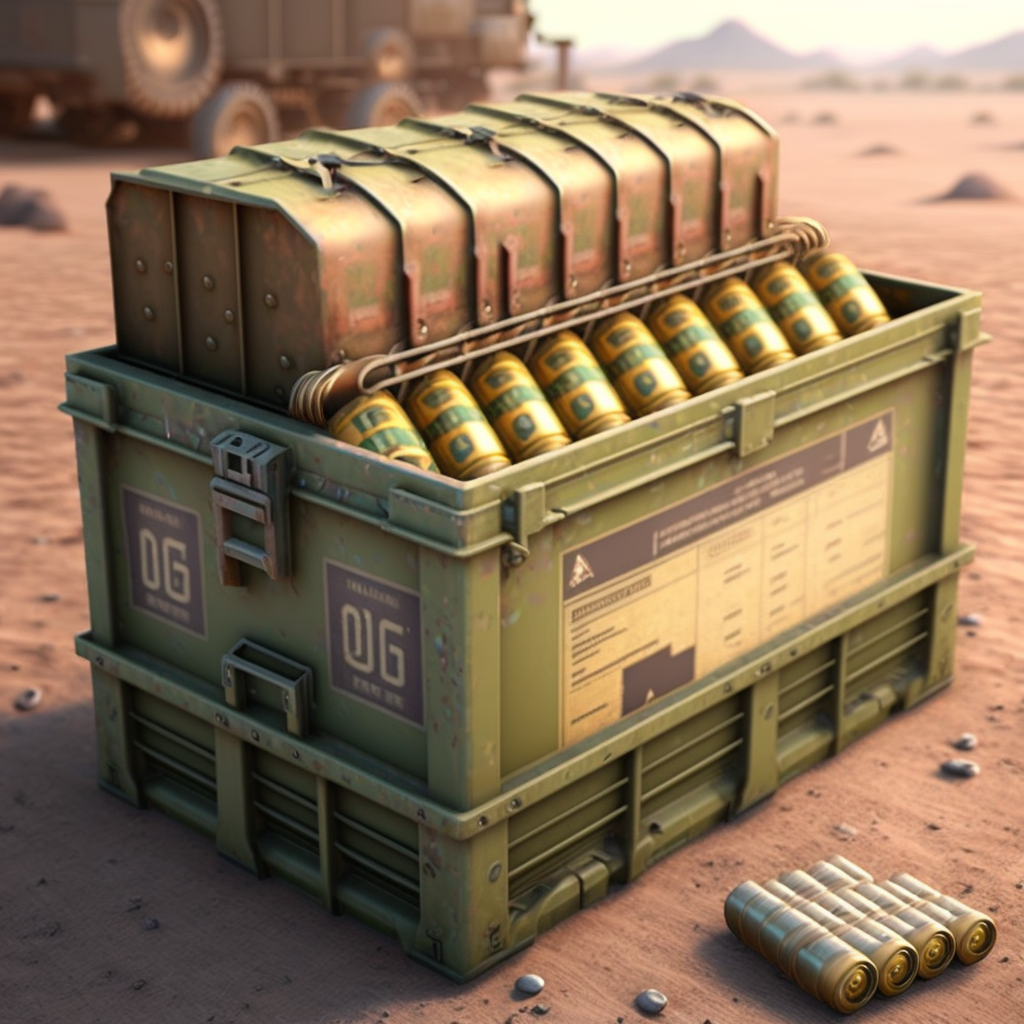
Can gunpowder be kept in a garage?
For firearm enthusiasts and individuals focused on personal protection, proper storage of gunpowder is a crucial consideration. The question, "Can gunpowder be kept in a garage?" arises as people search for convenient and safe storage options. This short report discusses the feasibility of storing gunpowder in a garage and highlights essential factors to consider for optimal storage.
Garage Storage Considerations:
While it is possible to store gunpowder in a space of a garage, several factors must be taken into account to ensure the safety and longevity of the ammunition:
Temperature Control: Garages can be susceptible to temperature fluctuations, which may impact gunpowder stability. Ensure that the storage area maintains consistent temperatures throughout the year.
Moisture Protection: Garages can be prone to moisture infiltration. Protect gunpowder from moisture by using airtight containers and dehumidifiers if necessary.
Security Measures: Secure your gunpowder storage area within the garage, using lockable cabinets or safes to prevent unauthorized access.
Ventilation: Ensure proper ventilation in the garage to reduce the risk of combustion and maintain gunpowder quality.
Best Practices for Gunpowder Storage:
Follow NRA Guidelines: Adhere to NRA First Steps recommendations and other instructor-led guidelines for safe gunpowder storage.
Rotate Ammunition: Regularly rotate your ammunition stocks to maintain the effectiveness of your gunpowder for personal protection or pistol shooting activities.
Inspect Storage Conditions: Periodically check your garage storage area and gunpowder containers for any signs of moisture intrusion, temperature fluctuations, or other potential hazard
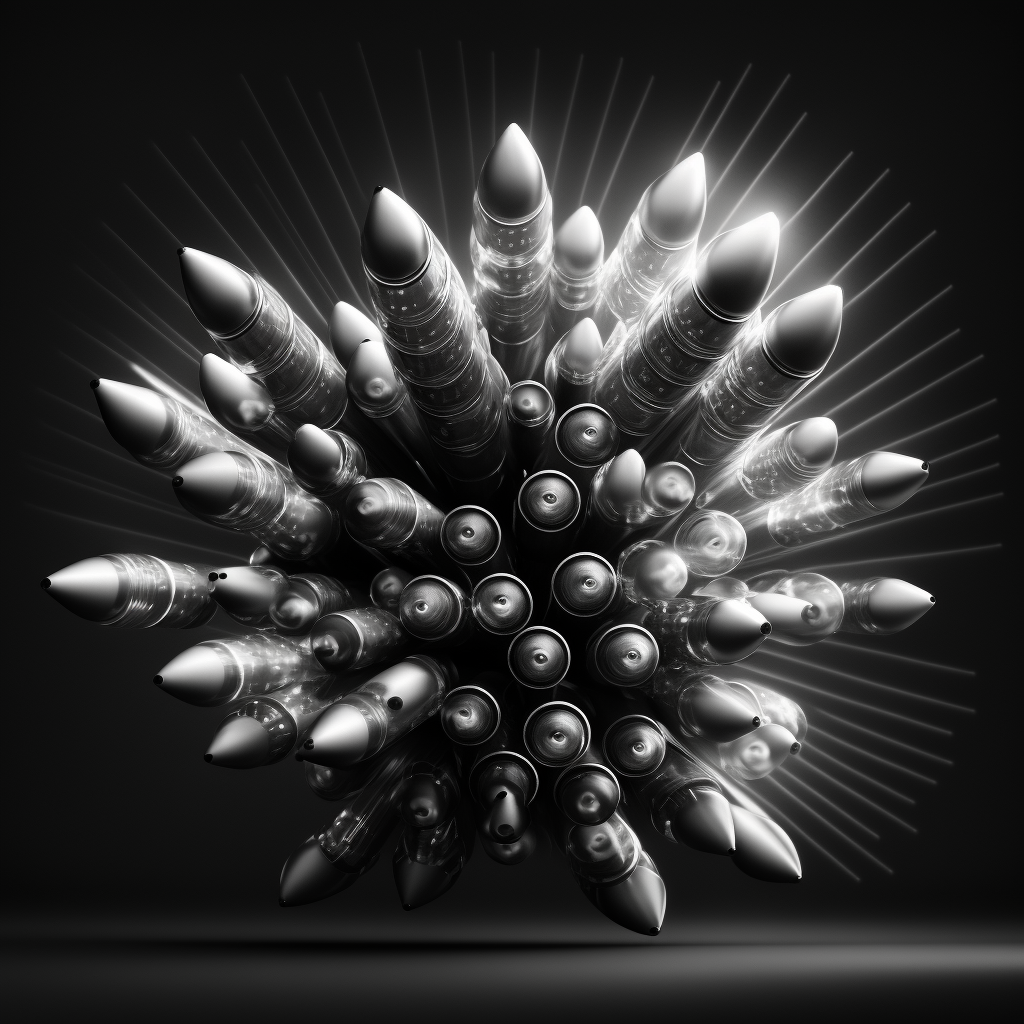
What degree does gunpowder ignite?
Understanding the ignition temperature of gunpowder is essential for firearm enthusiasts, those focused on personal protection, and individuals seeking good deals on firearms and ammunition. The question, "What degree does gunpowder ignite?" is critical for ensuring safe handling, storage, and use of firearms. This short report explores gunpowder ignition temperature and provides insights on maintaining safety during firearm-related activities.
Gunpowder Ignition Temperature:
GThe ignition temperature of gunpowder, often known as black powder, is generally 427 degrees Celsius (800 degrees Fahrenheit). Compared to current smokeless powder, which ignites at around 160–170 degrees Celsius (320–338 degrees Fahrenheit), its ignition temperature is substantially lower. Awareness of these ignition temperatures is crucial for avoiding accidental fire and ensuring safe firearm handling.
Getting proper training to deal with your guns from an instructor led course is highly recommended.
Does gunpowder get cold?
Gunpowder is an essential part of guns, and whether it can become cold is an often questioned subject. Yes, that is the correct response. To keep gunpowder from becoming volatile, instructor-led seminars on weapons safety often stress the significance of keeping it in a cold, dry location. When gunpowder is excessively cold, it might slow down or stop igniting, affecting how quickly it burns. When gunpowder is ignited in a weapon's barrel, a high-temperature fire is created, presenting a major risk to the user and others around. Gunpowder must thus be stored securely to avoid accidents and ensure that it continues to function as planned.
To sum up, while ammunition doesn't technically "expire" in the sense of losing its effectiveness, gunpowder can deteriorate with time, losing its strength and perhaps becoming dangerous or useless. To preserve the longevity and efficacy of your ammo, proper storage is essential.
